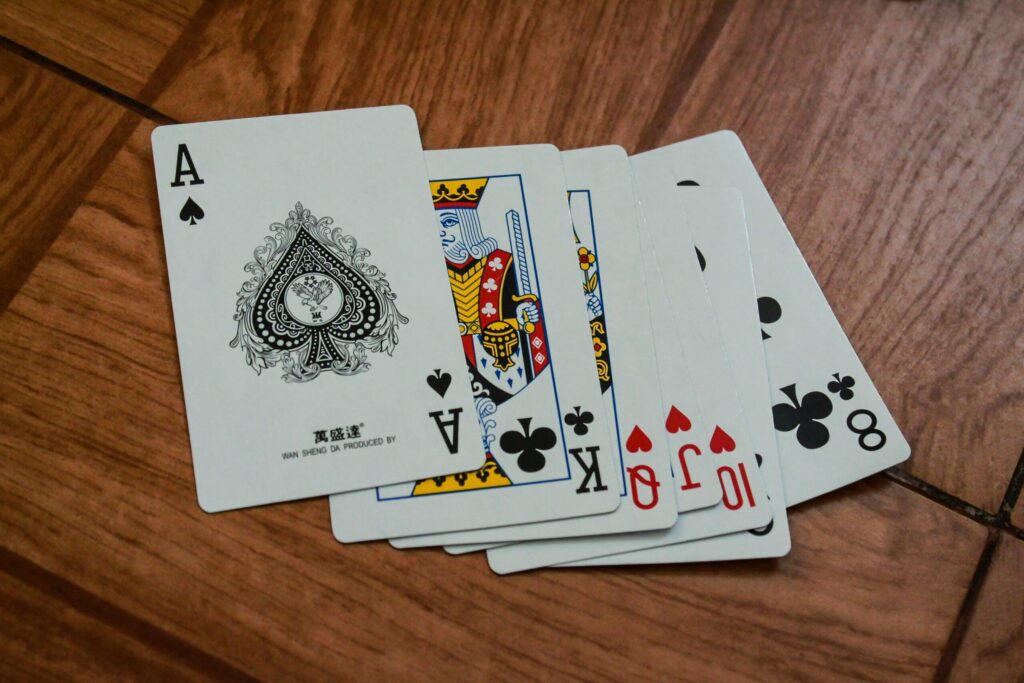Blackjack, known for its intrigue and strategy, presents players with numerous decisions, one of which involves the nuanced world of insurance. Navigating Blackjack insurance rules can enhance your gameplay and potentially safeguard your stake against dealer blackjack. This quick guide aims to demystify the concept of insurance in blackjack, providing you with a strategic edge.
Understanding Blackjack Insurance
Insurance in blackjack is a side bet offered when the dealer’s upcard is an ace. This bet is independent of the main wager and is designed to protect players against the dealer having a blackjack. Before delving deeper into strategies and considerations, it’s crucial to grasp the mechanics of this option.
How Does Insurance Work?
When the dealer shows an ace, players are given the opportunity to take insurance before the dealer checks their hidden card. Insurance bets cost half of your original bet and pay 2:1 if the dealer has a blackjack. Here’s a simplified breakdown:
- If the dealer has blackjack, the insurance bet wins, and the player breaks even on the hand.
- If the dealer does not have blackjack, the insurance bet loses, and the hand continues as normal.
Should You Take Insurance in Blackjack?
The decision to take insurance should be informed by basic blackjack strategy and an understanding of the odds. Let’s explore the arguments for and against taking insurance.
Pros of Taking Insurance
- Protection Against Dealer Blackjack: When you have a strong hand (e.g., a total of 20), taking insurance can protect your investment in the round.
- Possibility of Breaking Even: In cases where the dealer has blackjack, insurance ensures that you do not lose your initial bet.
Cons of Taking Insurance
- Increases House Edge: Insurance bets generally favor the house, suggesting a higher long-term cost to the player.
- Not Beneficial with Weak Hands: If your hand is weak, the risk of losing both your initial bet and your insurance bet increases.
To Insure or Not to Insure
Utilizing blackjack insurance effectively requires assessing the situation at the table and your own hand. Experts often advise against taking insurance, labeling it as a “sucker bet” due to its high house edge. However, skilled counters may identify situations where taking insurance is advantageous. Ultimately, understanding blackjack insurance rules empowers you to make informed decisions tailored to each gaming session.
Key Takeaways
| Consideration | Advice |
|---|---|
| Dealer’s Upcard | Only available when an ace is shown. |
| Cost vs. Payoff | Costs 50% of the original bet, pays 2:1. |
| Strategy Alignment | Generally not recommended, except for skilled counters in specific cases. |
In conclusion, while blackjack insurance might tempt players as a safety net, strategic play often involves bypassing this option. By critically evaluating the circumstances of each game, players can navigate blackjack insurance rules to their advantage, optimizing their chances for success at the blackjack table.


